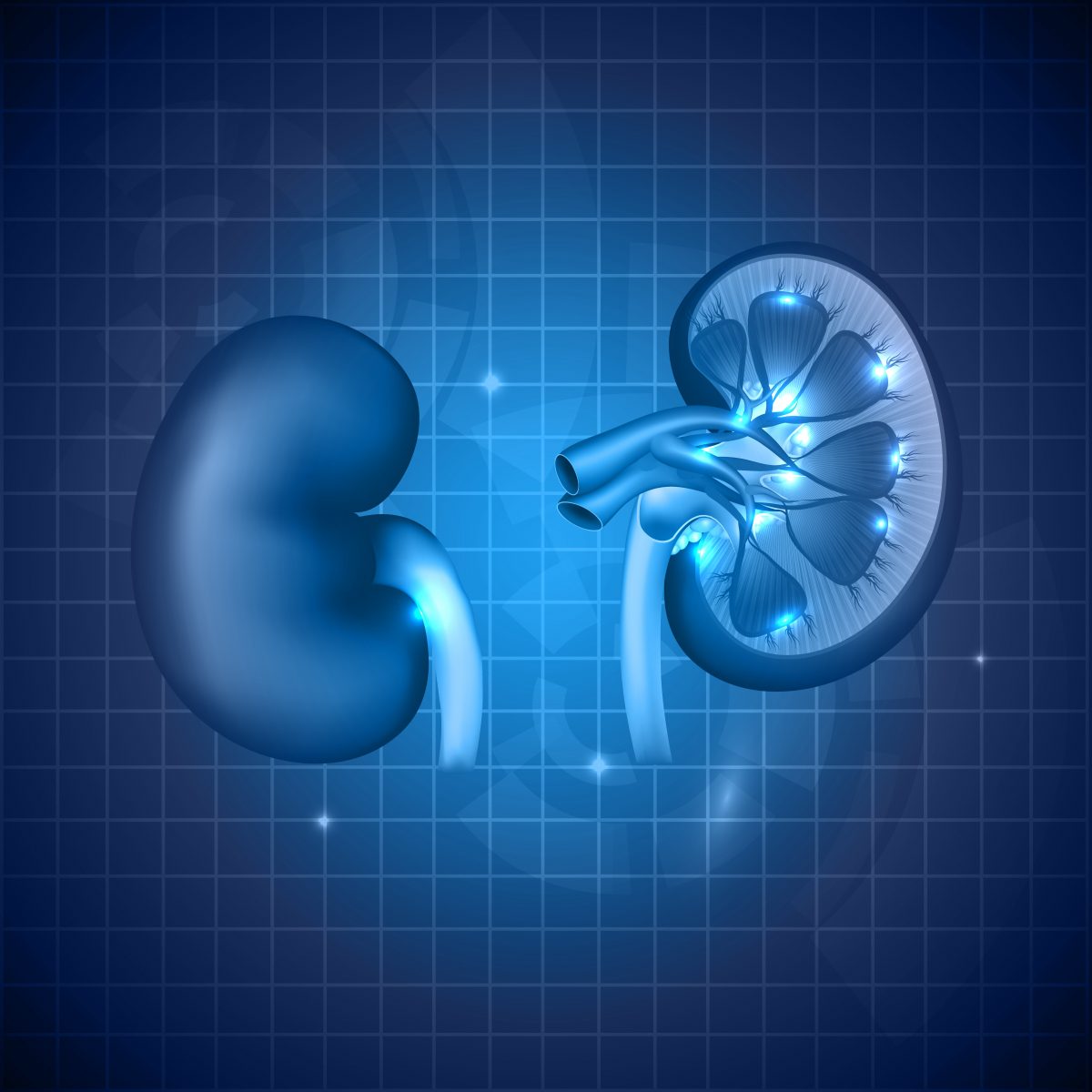A study recently published in the journal Kidney International conducted by researchers at the University of Pennsylvania and the Hospital of the University of Pennsylvania, revealed that patients infected with the human immunodeficiency virus (HIV) have better kidney transplant outcomes in comparison to patients with hepatitis C and patients co-infected with HIV and hepatitis C virus (HCV). The study is entitled “Superior outcomes in HIV–positive kidney transplant patients compared with HCV–infected or HIV/HCV–connected recipients.”
It is estimated that up to 30% of the individuals infected with HIV have abnormal kidney function, which can potentially lead to fatal kidney failure. These patients require dialysis treatment or a kidney transplant.
Hepatitis C is one of the most common chronic viral infections worldwide that can cause serious harm to the liver, including cirrhosis and liver cancer. The prevalence of infection with HCV is very high among individuals with end-stage kidney disease, being that kidney transplantation is the therapy of choice for these patients. The outcome of renal transplant in HCV patients is, however, worse than in uninfected patients.
While HIV patients need to have an undetectable viral load to be eligible for a kidney transplant, HCV patients do not have to meet this virus-free requirement to undergo the same surgical procedure. This has restricted the access of HIV patients to kidney transplantation. In fact, it is estimated that less than 25% of the United States health centers offers kidney transplantation to HIV patients. Therefore, the number of HIV patients receiving a kidney transplant is lower in comparison to individuals not infected with HIV or patients with HCV.
The research team conducted a retrospective study of 124,035 adult patients who had undergone kidney transplant between January 1996 and December 2013 to evaluate the impact of HIV, HCV and HIV/HCV co-infection on transplant outcomes.
Researchers found that HIV patients had a three-year survival rate of 89% and that this value did not differ significantly from the one found in the uninfected control group (90%). On the other hand, the three-year survival rates were lower for HCV patients (84%) and HIV/HCV co-infected patients (73%).
The team concluded that HIV did not have an adverse impact on survival after kidney transplant and that it was associated to improved outcomes in comparison with HCV and HIV/HCV co-infection. The team suggests that viral eradication prior to the transplant through an effective HCV therapy, similar to what is required in HIV patients, should be considered in order to improve the outcome of kidney transplantation.
“These findings show that HIV patients are being unfairly perceived to have worse kidney transplant outcomes than non-infected groups, and as a result, they often have to wait the longest for transplants and there are fewer living donors,” said the study’s lead author Dr. Deirdre Sawinski in a news release. “Our hope is that these study findings result in greater access to transplantation for HIV patients, while also inspiring the kidney transplant community to focus on eradicating Hepatitis C in transplant patients — either pre-transplant or if that’s not possible, immediately post-transplant — to ensure better outcomes for these patients.”

